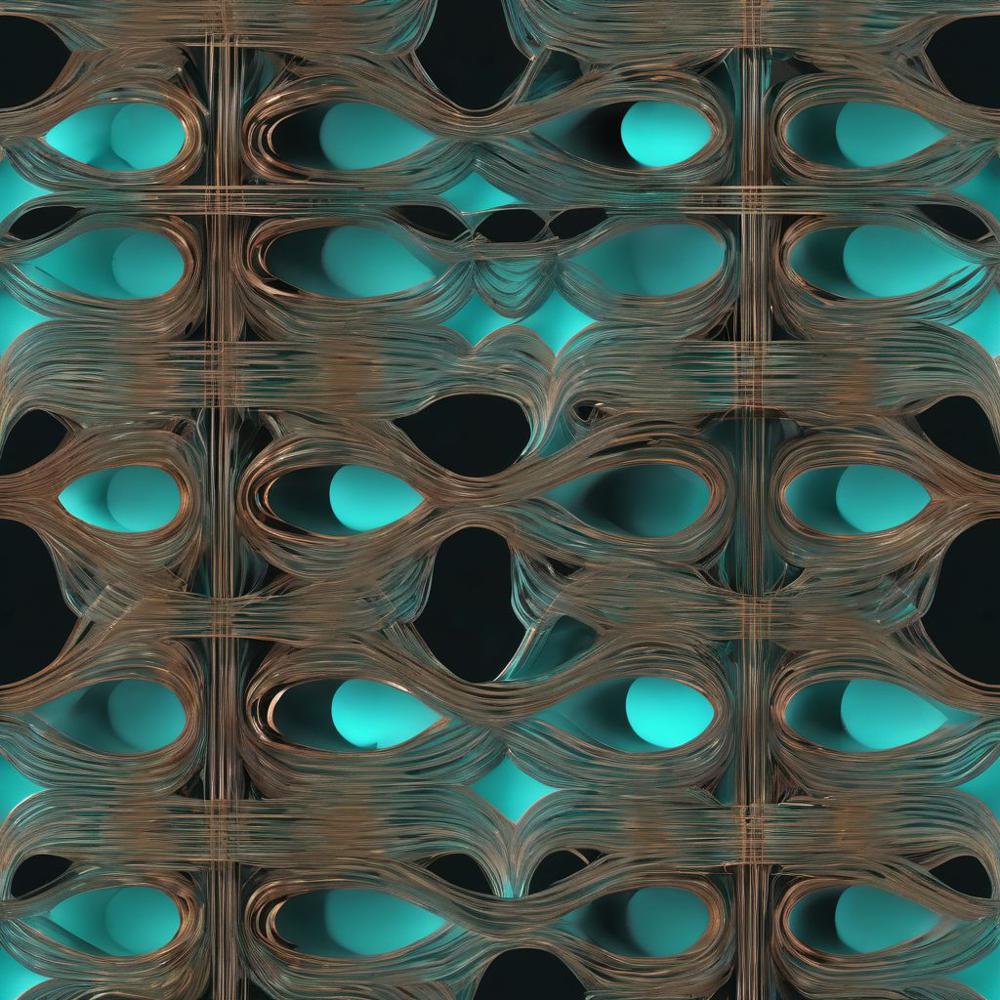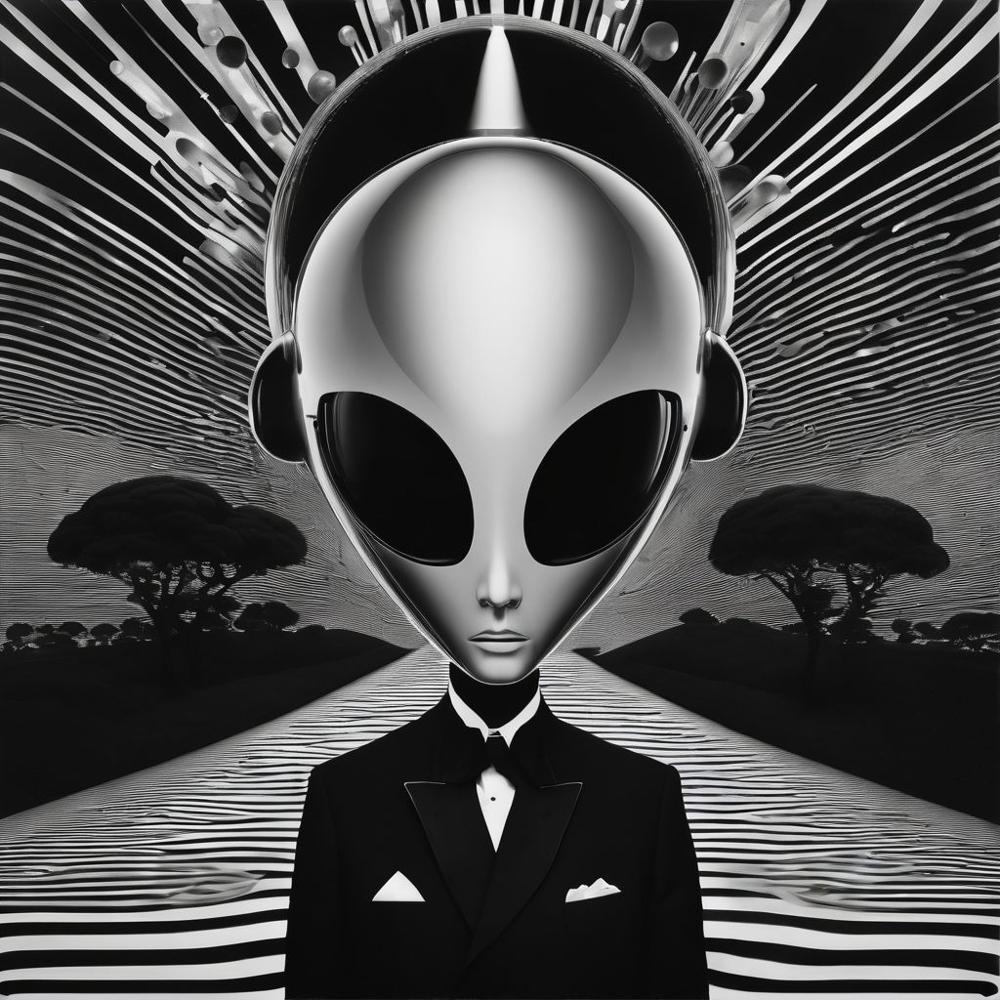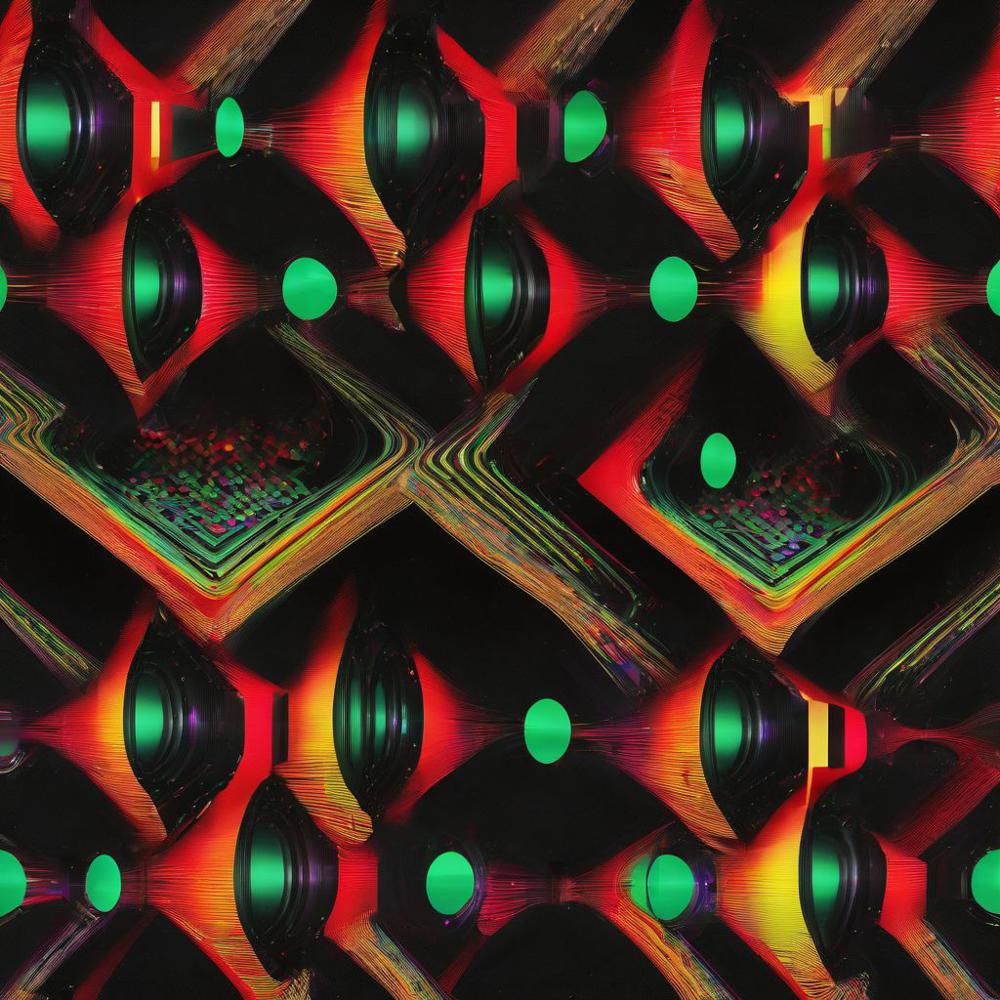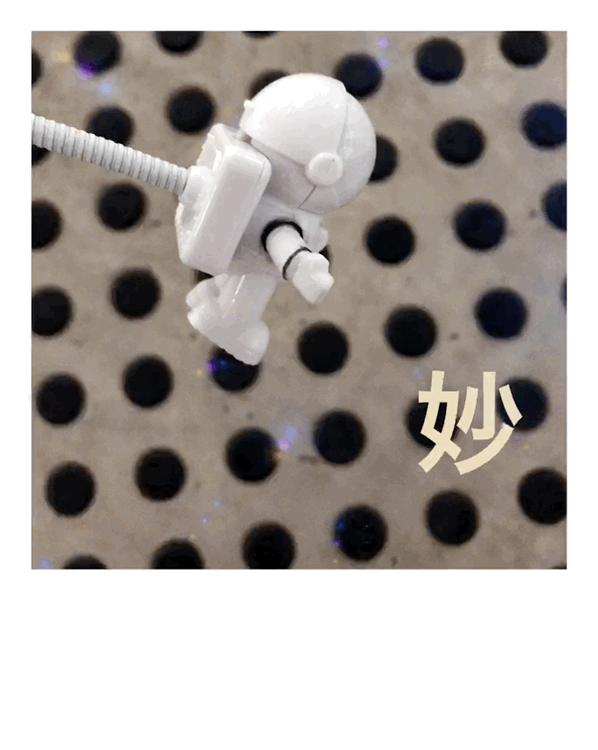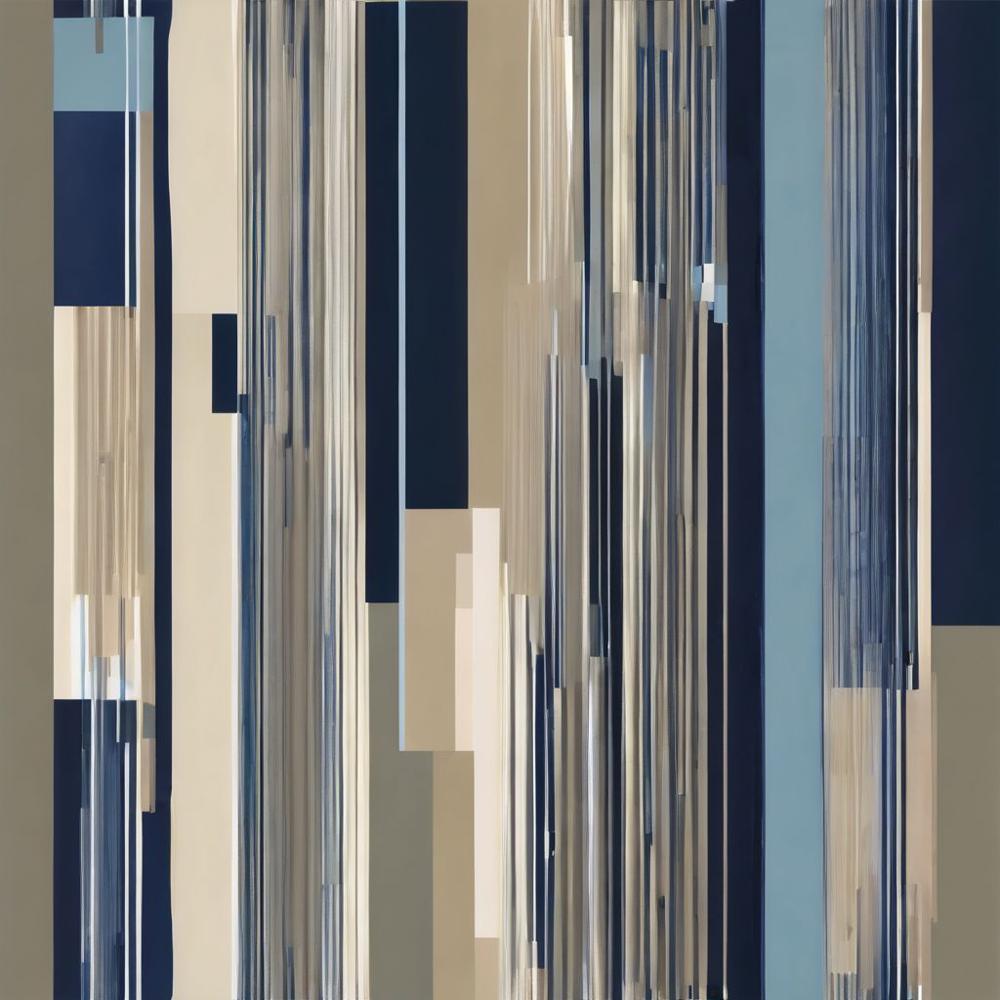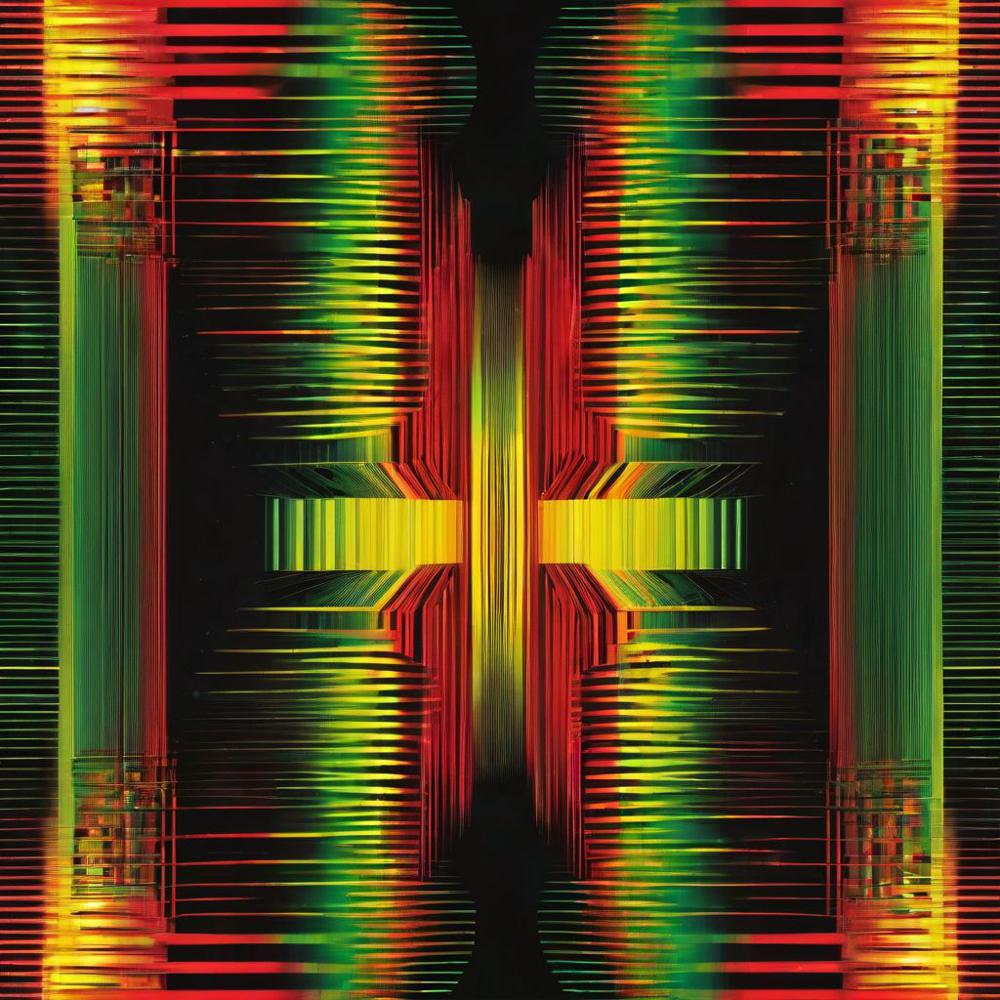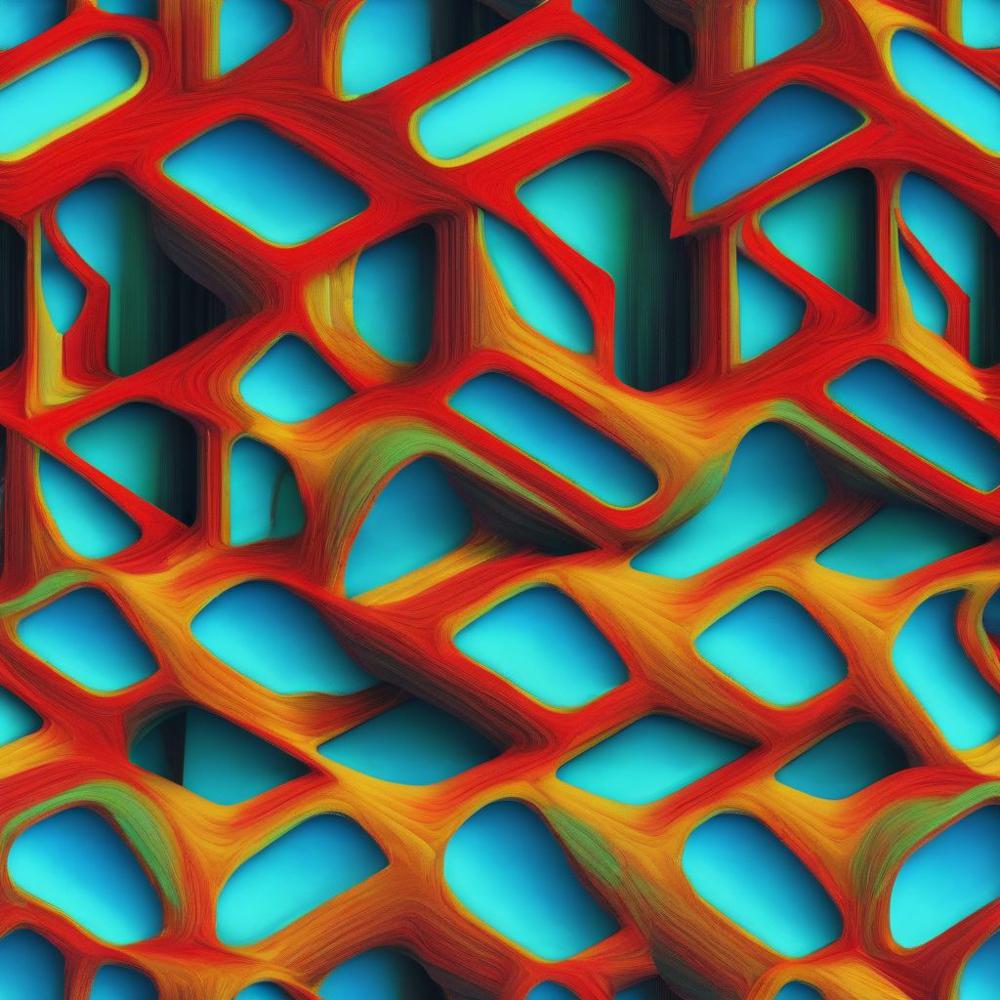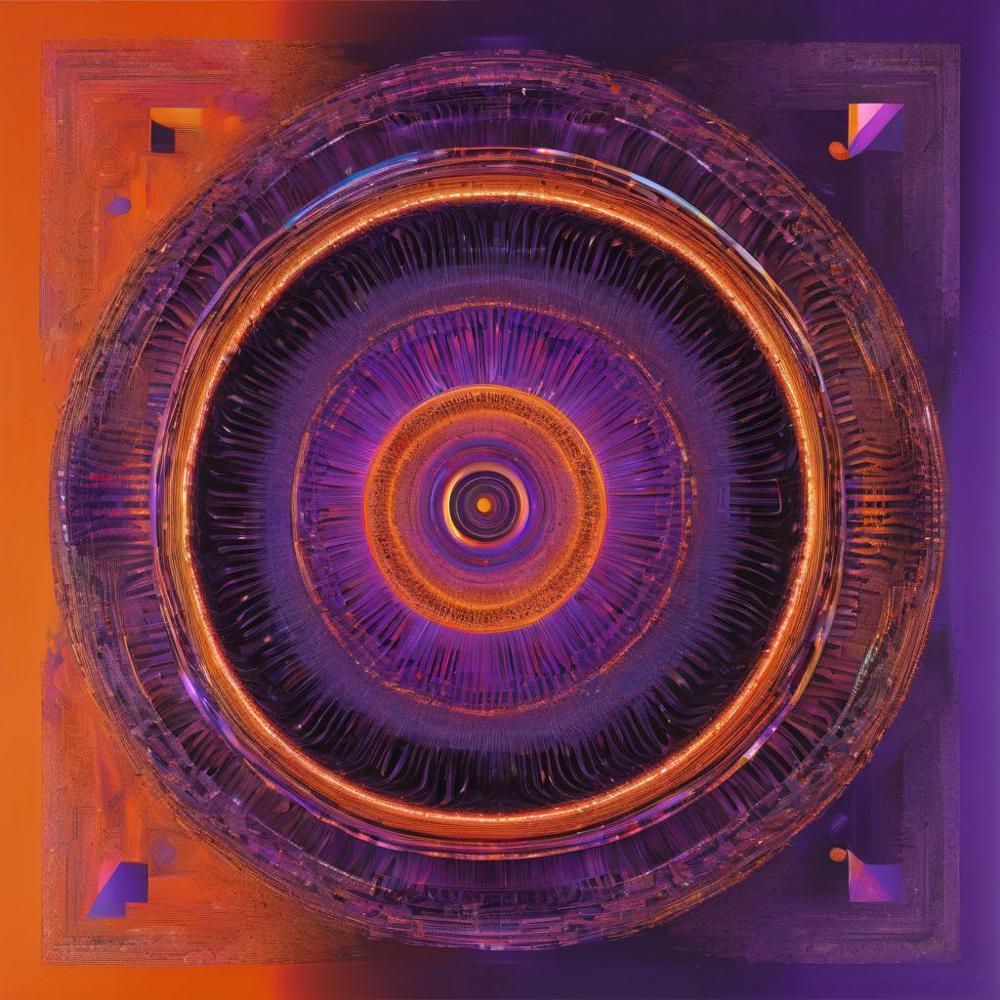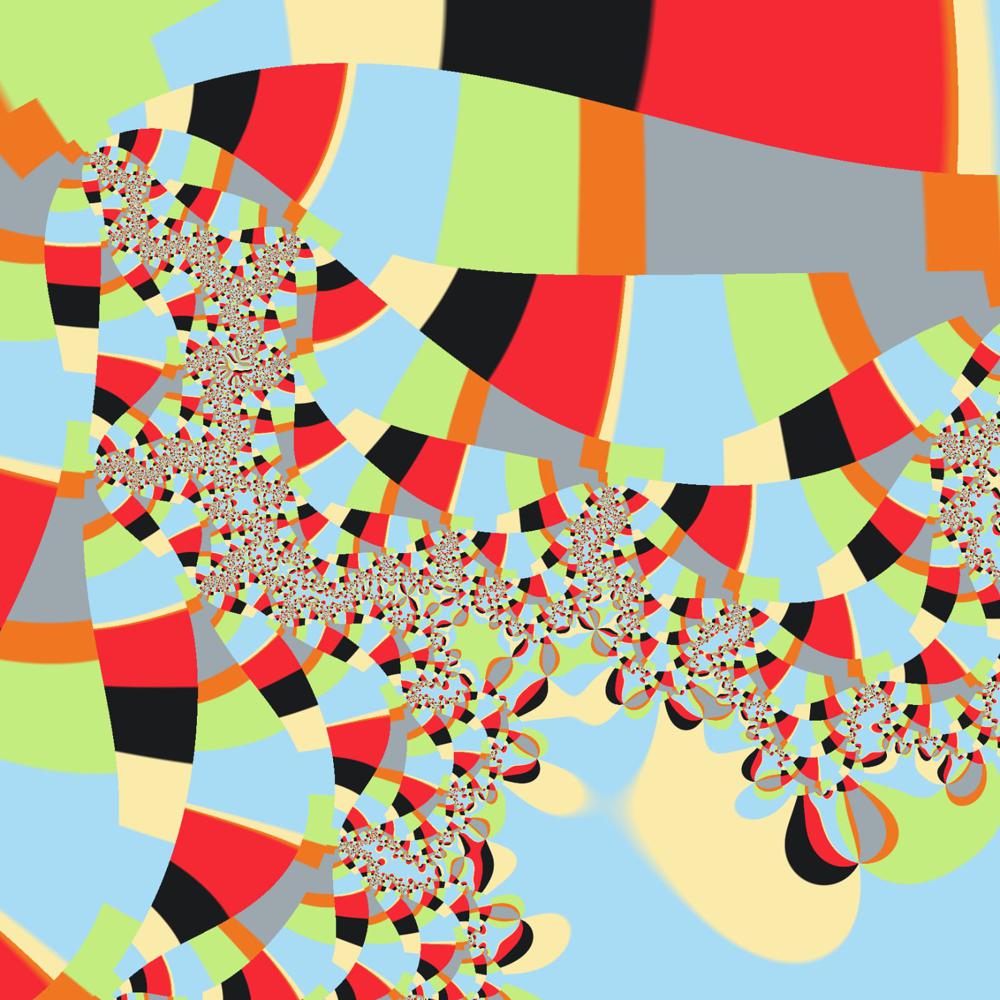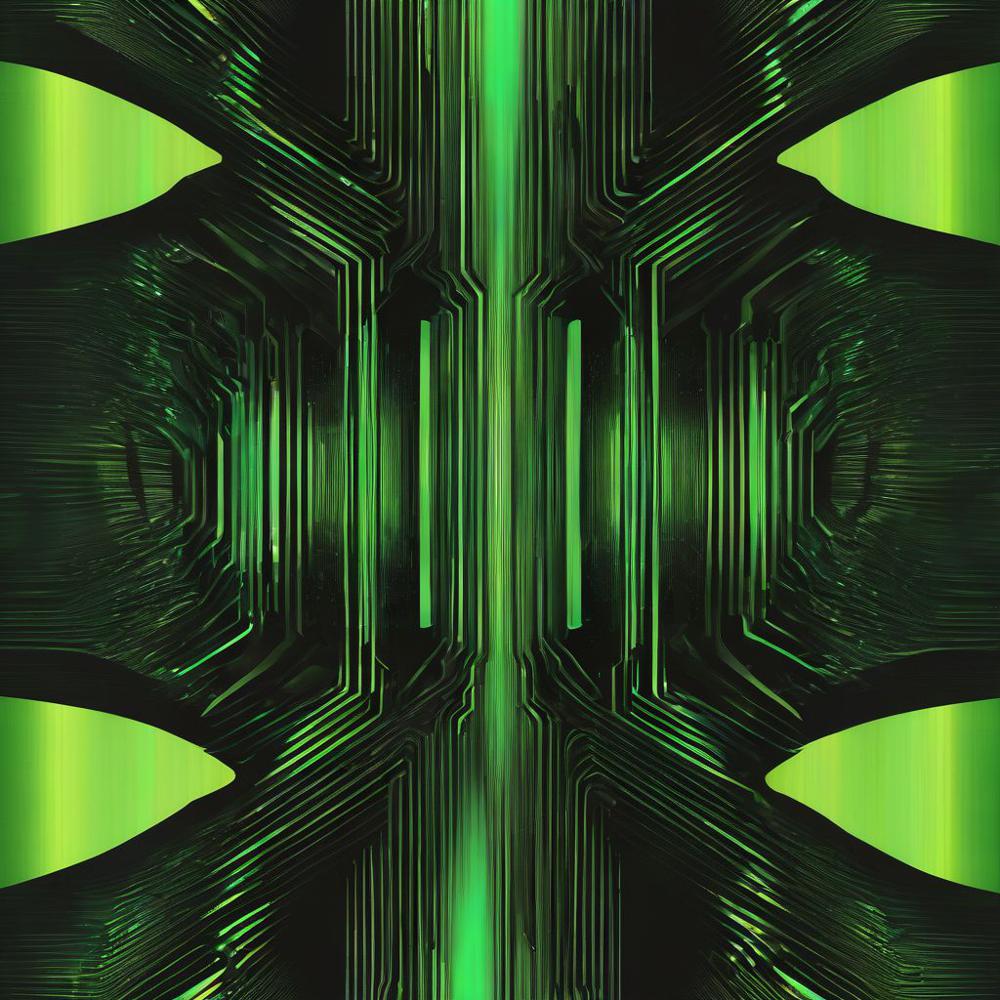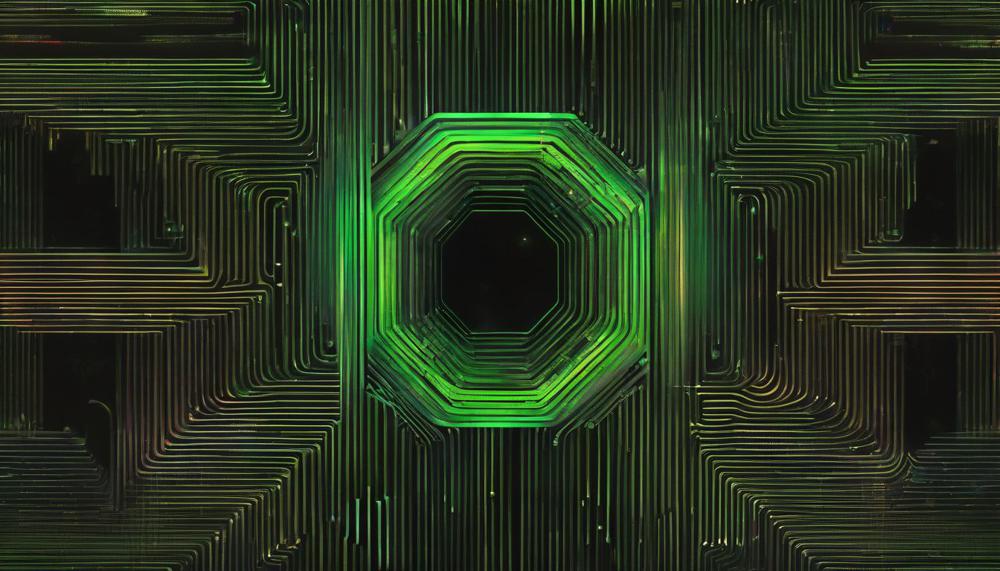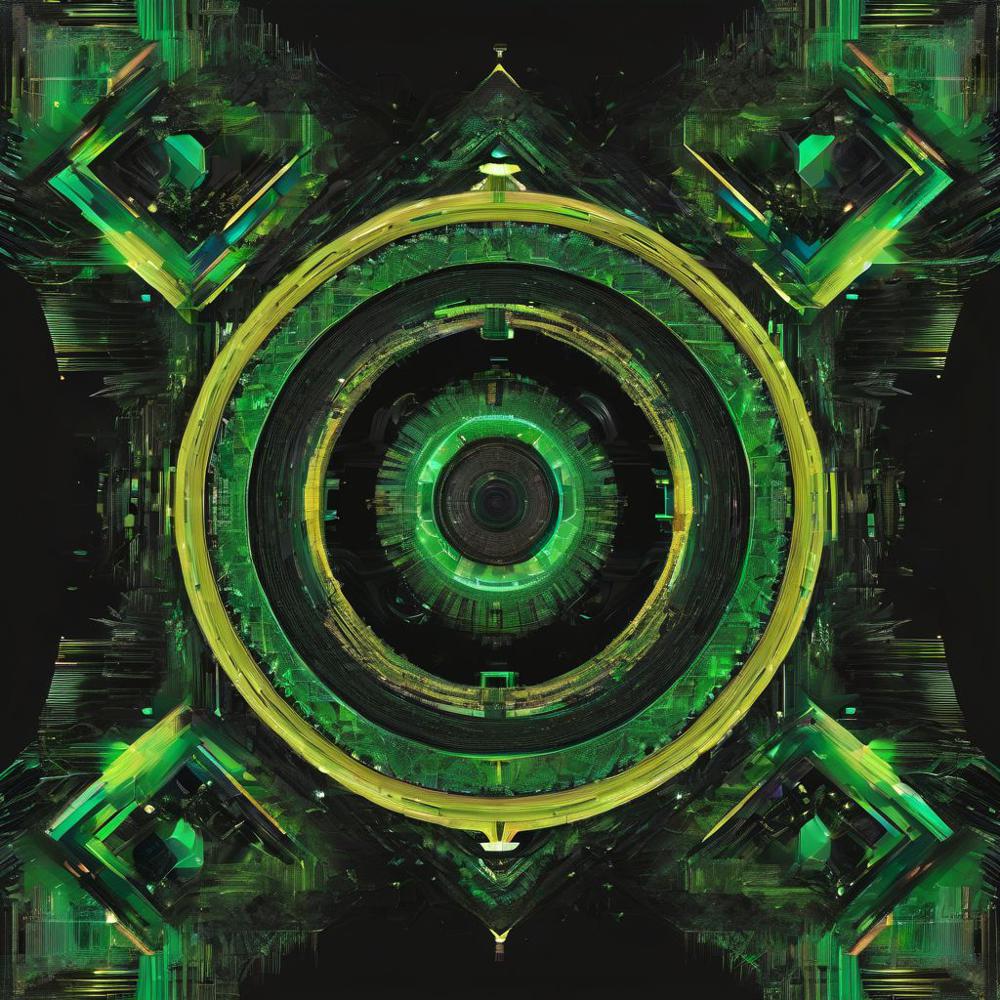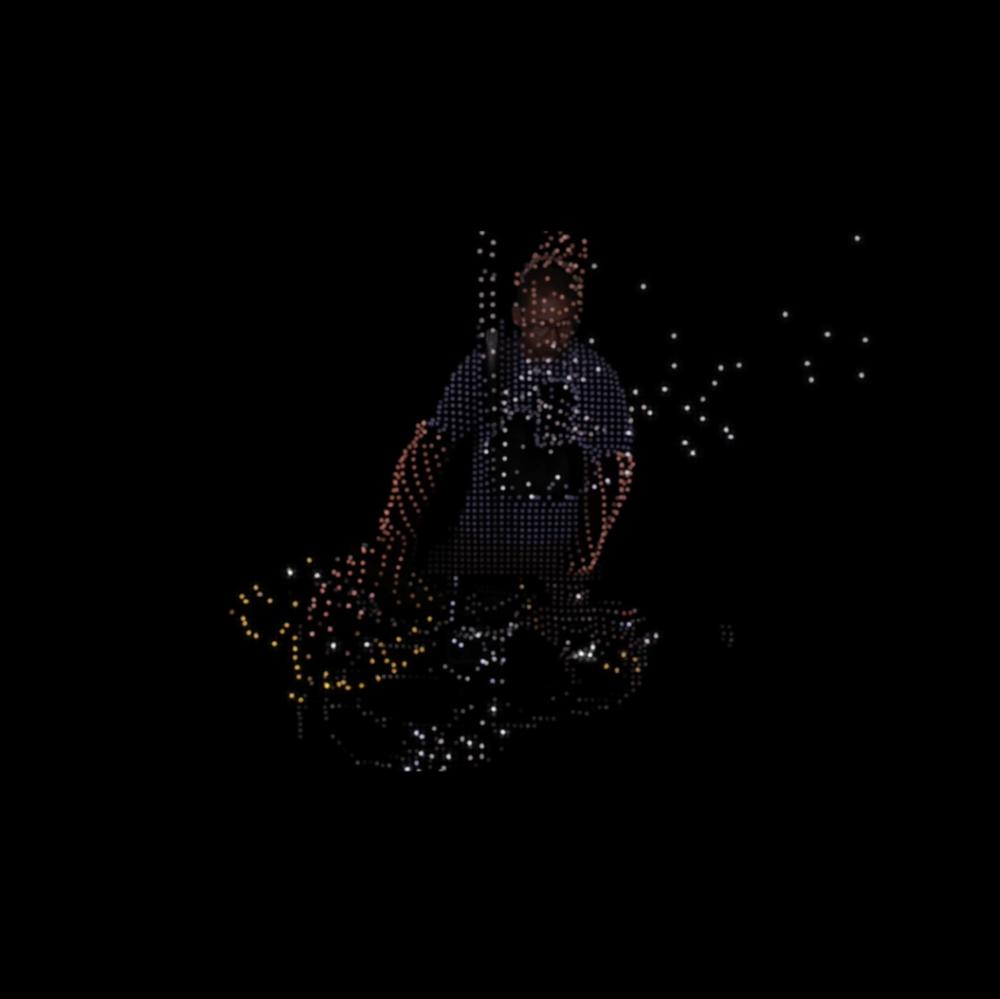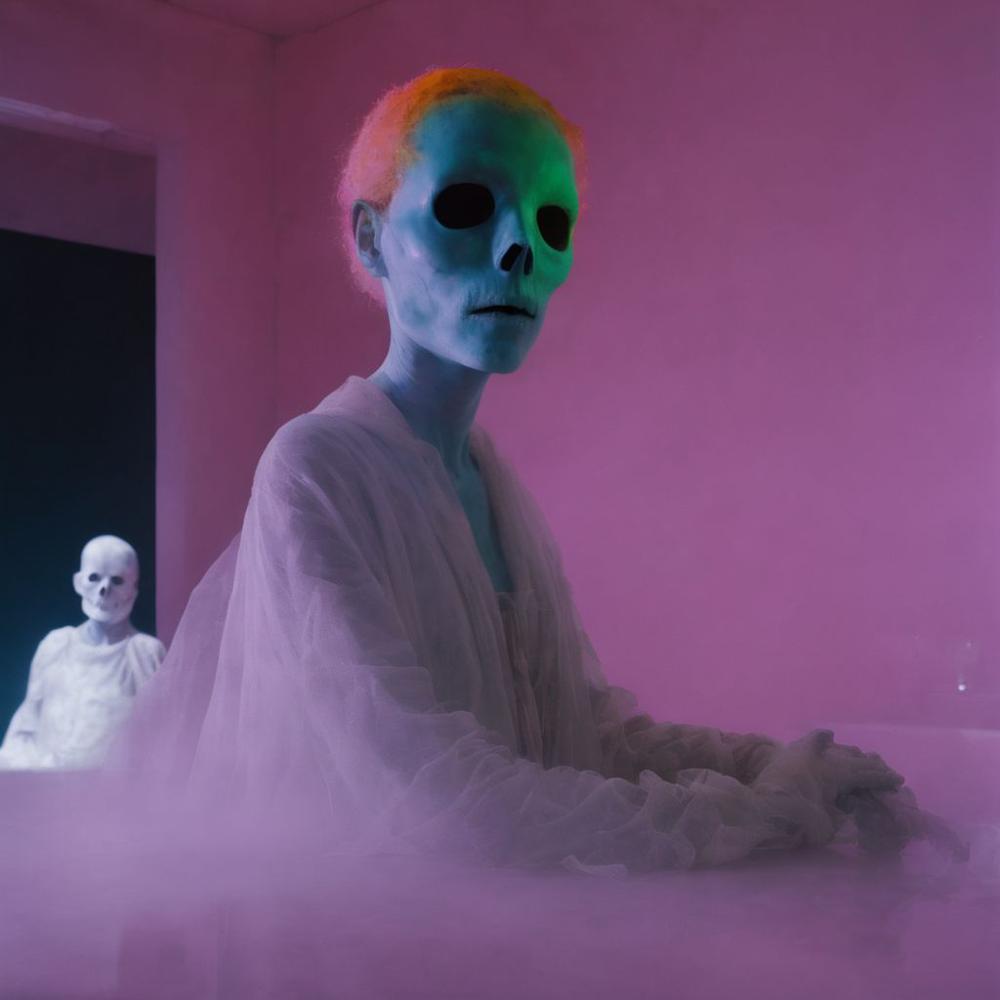
NFT artwork for sale
Curated NFT collection
Artsted is using unique proprietary technology to help determine next art market stars. Discover the selection.
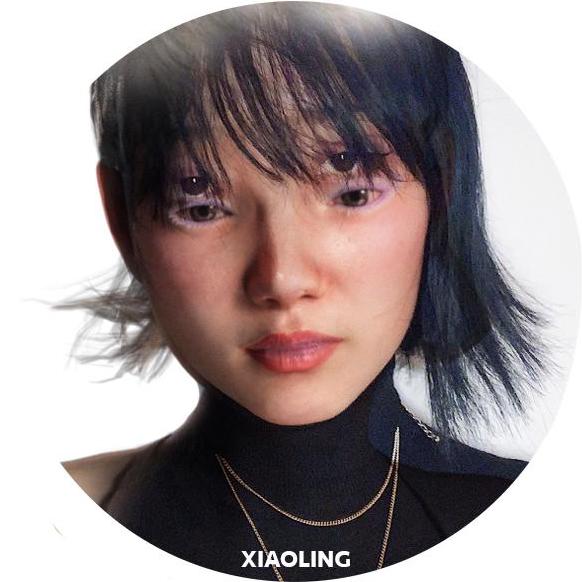
Xiaoling Jin
Under the ShellNFT
The idea of converting artwork to a purely digital format is gaining traction. In 2021, an art object was converted into a non-fungible token (NFT) for the first time, and the material copy was destroyed. In the world of digital art, NFT began to be valued as permanent online proof of ownership, resulting in a surge in the number of artists selling their work online. From then on, any creator can use the blockchain infrastructure to save and safeguard their work. Anyone can convert their thoughts into digital information and sell it to collectors of fine art. Online registration for a cryptocurrency wallet and artworks for sale To sell an artwork in the form of NFT, the artist must take the following steps: - Create an account on the platform's website. - Pass the verification process All non-fungible tokens you've uploaded are under the jurisdiction of solid marketplaces. The online platform can request links to social media sites and verify authorship on the NFT. If a user tries to post a stolen artwork on the internet, the person is barred, and such content cannot be shared or sold. The next step is obtaining a bitcoin wallet, which each network requires. The platform website's Terms and Condition section contains information regarding the required wallet for online sales of artworks. Then, to create each NFT token, you must deposit a specified quantity of money into your wallet for transactions: - For Ethereum, at least $200 is required; however, $10 is sufficient for secondary chains such as Matic. You must complete the following procedures on your user dashboard on the marketplace: - Upload the NFT file - Name and describe the token - Indicate the price of the artwork - Decide on the number of units in the edition. NFTs can be sold as single copies or in multiple editions. The cryptocurrency is automatically credited to your crypto wallet when your original artwork is purchased. Artworks for sale online, and cryptocurrency Your original artworks can be sold for a variety of cryptocurrencies, depending on the platform: - Ethereum is a popular cryptocurrency on Rarible and Foundation - Binance Coin (BNB) — available on Refinable and other Binance Smart Chain platforms More marketplaces accept stablecoins, which are coins that are fixed to the US dollar.
SHOW MORE
Stay in the loop
Discover new art and collections added weekly


